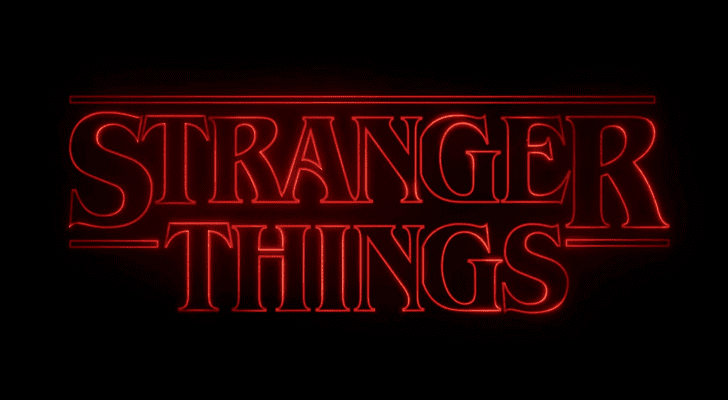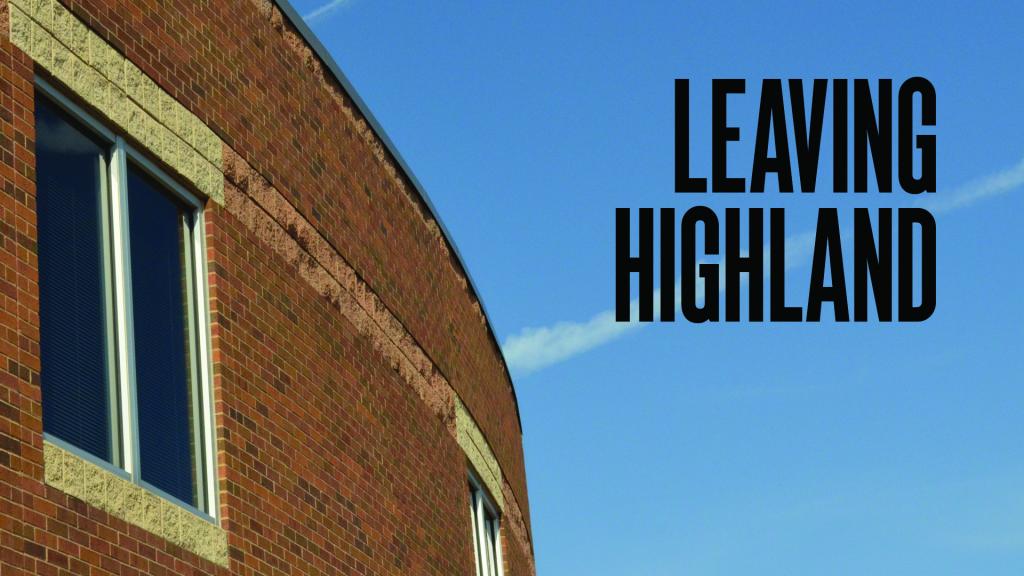 So I’m doing a series about the wonderful new show on Netflix that for a few weeks in the summer took over all my friends social media feeds.
So I’m doing a series about the wonderful new show on Netflix that for a few weeks in the summer took over all my friends social media feeds.
The show is Stranger Things and it’s kind of hard to describe.
It’s part Goonies, part E.T. and part Close Encounters of the 3rd kind, but one thing is sure. Stranger Things is all 1980’s.
If you haven’t seen the show, stop whatever your doing and check it out, but this isn’t a series to dissect the show, it’s a series about why we loved Stranger Things so much.
The Past Before Us
Last week I wrote about how I didn’t just enjoy Stranger Things, I have a religious commitment to it. The show, like all good mythologies, tapped into some things that were close to the center of the way I saw the world and my place in it. I think that’s part of the reason it had such a wide appeal with my friends.
So this is a series about what exactly those deeper Stranger Things were.
And one of them I think is nostalgia.
ST was met with a stunning amount of both popular and critical acclaim for it’s casting, acting and soundtrack, but one of the things almost everyone points out right out of the gate was how nostalgic Stranger Things was.
Nostalgia is everywhere these days, from reboots of old film franchises to sequels that were made decades after the original. Netflix is no stranger to using our nostalgia, sometimes they reboot it as in Fuller House or Arrested Development or Gilmore Girls or help us Rethink it as in Stranger Things. But one thing is evident to anyone paying attention…we are constantly reminded of what just was.
Why is that?
In his watershed book A Secular Age, the philosopher Charles Taylor says the thing that characterizes the modern era is our secularity, which he defines as a “pitiless ingratitude toward our past.”
Have you not been able to see this in your own life? The relentless refusal to accept any kind of tradition, an implicit assumption that new is better and old is bad is everywhere.
And I get it, I live in this world too. We assume progress.
But then something starts to happen.
The Stories We Tell
Because, and this is the point of the great little book How to Survive the Apocalypse by Robert Joustra & Alissa Wilkinson. These days most of our mythologies about the future aren’t about progress, they’re about total disaster and world-ending catastrophes.
These days the future isn’t what it used to be.
Which leaves us only with the anxious present. Cut off from our past because of our modern inability to appreciate it, and cut off from our future because of the potentially world ending cost of our progress we only have the now.
This is precisely the point of one of the best critical reviews of Stranger Things from this summer in the San Fransico Chronicle. Stranger Things worked because it took us back to when our stories could still have happy endings:
Escapist fare in the ’30s gave Americans respite from worrying about the Depression. Movies of the ’40s helped them temporarily park worries about the war. Escapist fare in the 1980s was different. It felt more celebratory than escapist. E.T.” told us aliens were our friends, “Starman” suggested they could fall in love with us, “Cocoon” told us not to be afraid of dying, teen misfits built a perfect woman who comes to life in “Weird Science,” a teenage werewolf became the most popular kid in school, the same actor went “Back to the Future” in a souped up DeLorean, “Dallas” and “Dynasty” told us everyone could be rich, and Michael Jackson’s bubbly post-disco music thrilled us.
We’re back to the traditional form of escapism in the 21st century, and for good and obvious reasons: Post 9/11, the world feels like a very dangerous place, and no one can be sure who is watching. Our lives feel transparent, unsettled. The news overflows with shock and surprise. No one is safe. Accordingly, the night is dark and full of terrors in shows like “Game of Thrones,” “Breaking Bad,” “The Wire,” “Homeland,” “Person of Interest.” [But] “Stranger Things” reminds us of a time marked by a kind of no-strings escapism.
Part of the reason that nostalgia works well is because it’s able to connect the worries and anxieties that people had then with the same kinds of concerns that we have today.
Part of the reason nostalgia works on us so powerfully is because it subtly reminds us that the doomsday we feared yesterday didn’t happen.
So nostalgia serves as a way of placating our ever-present anxiety.
And part of the reason nostalgia is so over-used is because despite our rhetoric of progress and a better world, our collective imagination, or at least our storytellers, can no longer picture a future that isn’t bleak.
The problem is that what got the people through WWII and the Cold War anxieties wasn’t nostalgia it was hope.
Largely a Christian shaped hope about the future and their place in it. Charles Taylor argues powerfully in his 850 page tome A Secular Age that the modern notion of progress is a product of Protestant Christianity and the shared eschatology that people had as they worked to make earth a little more like Heaven.
The rich resources that are available to people of faith in the face of despair and anxiety are, statistically speaking, becoming seen as less credible in the Western world, (at least among people of European descent). Hope is passé, and faith is naive.
But since the world still has a lot of terrifying prospects ahead of it we have to cope with it somehow.
So yeah, nostalgia is in right now.
I miss the days when it wasn’t.









